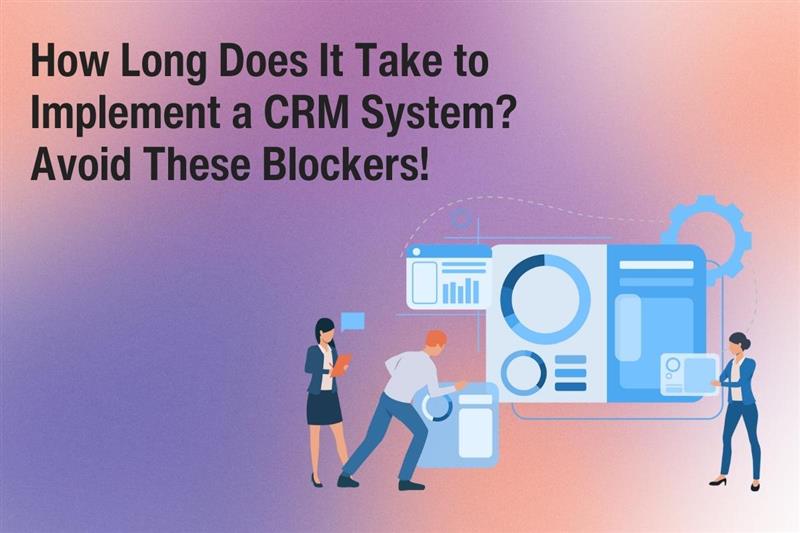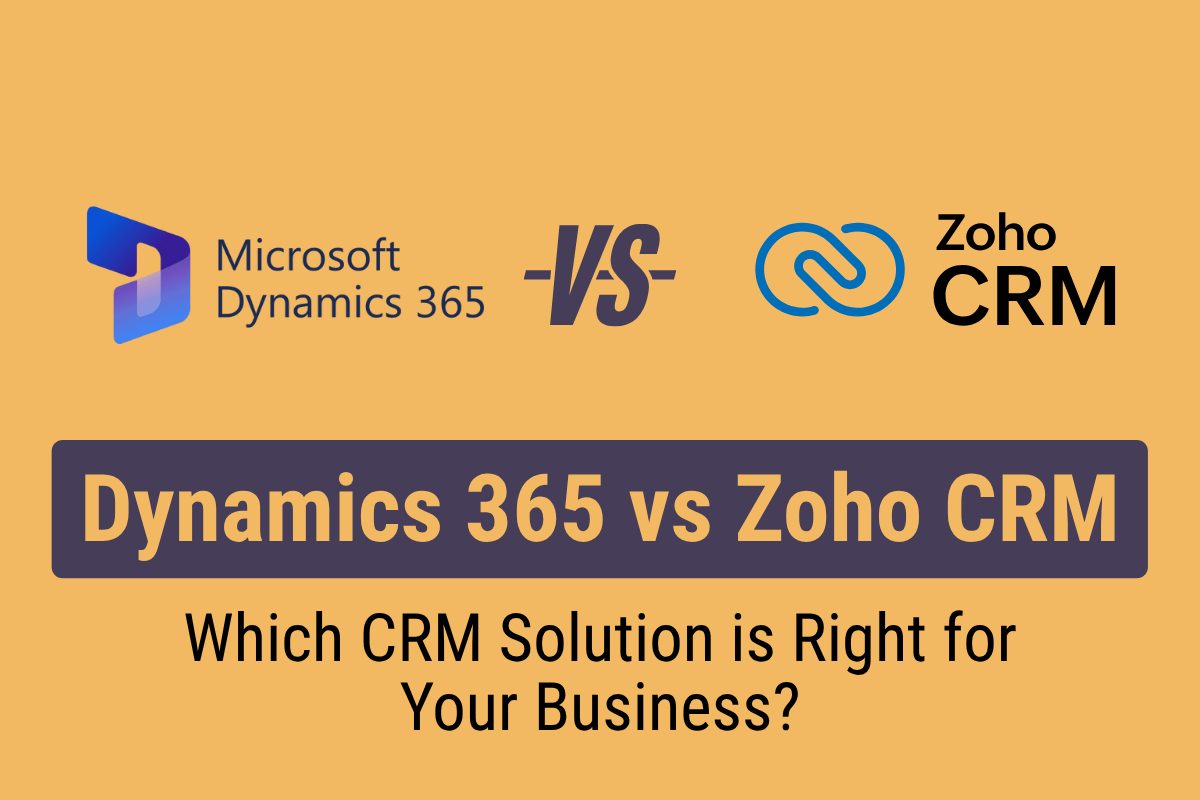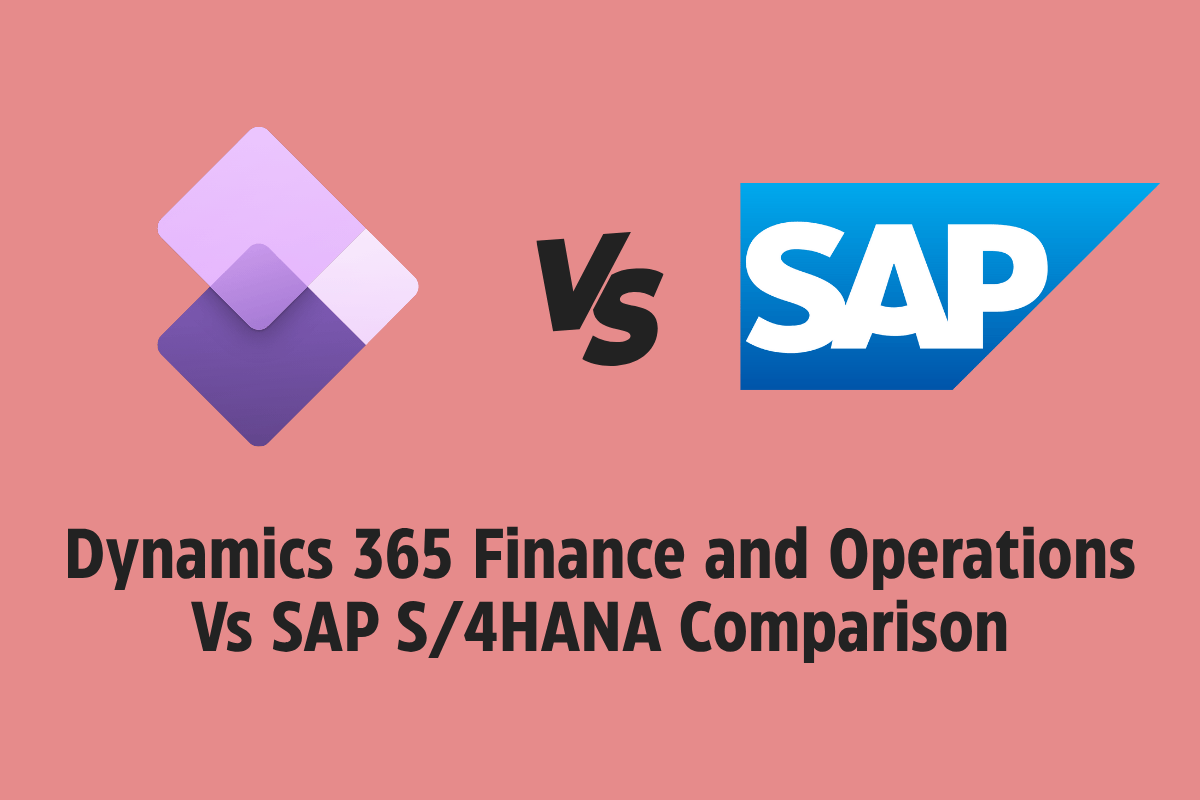Implementing a CRM (Customer Relationship Management) system is a strategic step for businesses aiming to enhance customer engagement, streamline processes, and improve decision-making.
However, the CRM system implementation process can vary significantly in terms of complexity and time.
For many organisations, the pressing question remains: How long does CRM implementation take?
The answer depends on multiple factors, including the organisation’s size, the chosen CRM solution, and the level of preparation.
To stay on track, it’s essential to understand the CRM implementation timeline, the potential challenges, and how to overcome them.
Typical CRM Implementation Timeline
The time required for CRM implementation can range from weeks to several months, depending on the organisation’s needs:
- Small businesses with straightforward requirements: 1 to 3 months.
- Mid-sized organisations with moderate complexity: 3 to 6 months.
- Large enterprises with advanced needs: 6 to 12 months or more.
The implementation process typically involves the following phases:
- Requirement Analysis and Vendor Selection: Define your business requirements and evaluate CRM systems that align with them.
- Customisation and Configuration: Tailor the system to meet your organisation’s specific workflows and processes.
- Data Migration: Migrate existing data into the new system, ensuring accuracy and consistency.
- Integration: Link the CRM with other business systems, such as ERP or marketing tools.
- Testing and Training: Validate the system and prepare employees to use it effectively.
Go-Live and Post-Implementation Support: Launch the CRM and address any initial challenges as they arise.
Streamline Your CRM Journey
Discover the typical CRM implementation timeline, avoid common blockers, and achieve success faster.
Challenges in CRM Implementation
Even with careful planning, delays and roadblocks can occur. Understanding common challenges in CRM implementation can help you avoid them.
- Unclear Objectives
Without clear goals, implementation efforts can become unfocused. Define measurable outcomes for your CRM deployment, such as improving lead tracking or shortening sales cycles.
- Data Quality Issues
Data migration often uncovers inconsistencies, duplicates, or missing information. Preparing your data before migration can save valuable time.
- Resistance to Change
Employees may hesitate to adopt a new system, especially if they’re accustomed to legacy tools. Engaging stakeholders early and providing thorough training can help ease the transition.
- Over-Customisation
While it’s tempting to customise everything, too much modification can increase complexity and risk. Focus on leveraging out-of-the-box features initially and consider additional customisations later.
- Lack of Expertise
Without adequate technical knowledge, critical steps can be overlooked. Partnering with CRM experts can streamline the process and reduce risks.
Best Practices for CRM Implementation
- Plan Realistically: Allow adequate time for each phase to ensure a smooth rollout.
- Secure Executive Buy-In: Leadership support ensures the project gets the resources and attention it needs.
- Communicate Effectively: Keep stakeholders informed about progress, challenges, and milestones.
- Start Small: Begin with a pilot launch before rolling out the system company-wide.
- Monitor and Refine: Use post-implementation feedback to optimise the CRM for long-term success.
Struggling with CRM Delays?
Overcome blockers and streamline your CRM implementation. See how it works in action.
Why Choose Dynamics 365 Sales?
Among the many CRM solutions available, Microsoft Dynamics 365 Sales is a standout choice for businesses of all sizes. It provides:
- Streamlined Sales Processes: Dynamics 365 Sales automates lead tracking, opportunity management, and sales forecasting, giving teams a clear path to success.
- Enhanced Collaboration: Seamless integration with Microsoft 365 tools, such as Outlook, Teams, and Excel, makes cross-departmental communication effortless.
- Scalability: Whether you’re a growing SME or an established enterprise, Dynamics 365 Sales can scale with your business needs.
- Customisable Dashboards and Reports: Gain actionable insights with real-time data tailored to your business priorities.
- AI-Powered Insights: Leverage predictive analytics to understand customer behaviours and close deals faster.
If you’re looking for a robust, flexible, and intuitive CRM solution, Microsoft Dynamics 365 Sales offers everything you need to transform your sales operations.
Accelerate Implementation with Our Quick Start CRM Package
At Mercurius IT, we understand that time is critical when implementing a CRM. That’s why we’ve introduced our Quick Start CRM Package. Designed to get your business up and running with Dynamics 365 Sales in just 10 days, this package ensures a fast, efficient, and cost-effective deployment.
For a fixed cost of £6,999, you’ll receive:
- Expert-led implementation tailored to your business needs.
- Seamless integration with your existing Microsoft 365 environment.
- Training and support to help your team make the most of Dynamics 365 Sales.
Don’t let delays hold your business back. Learn more about our Quick Start CRM Package here, or call us today to discuss your requirements. Together, we can transform your CRM journey.







